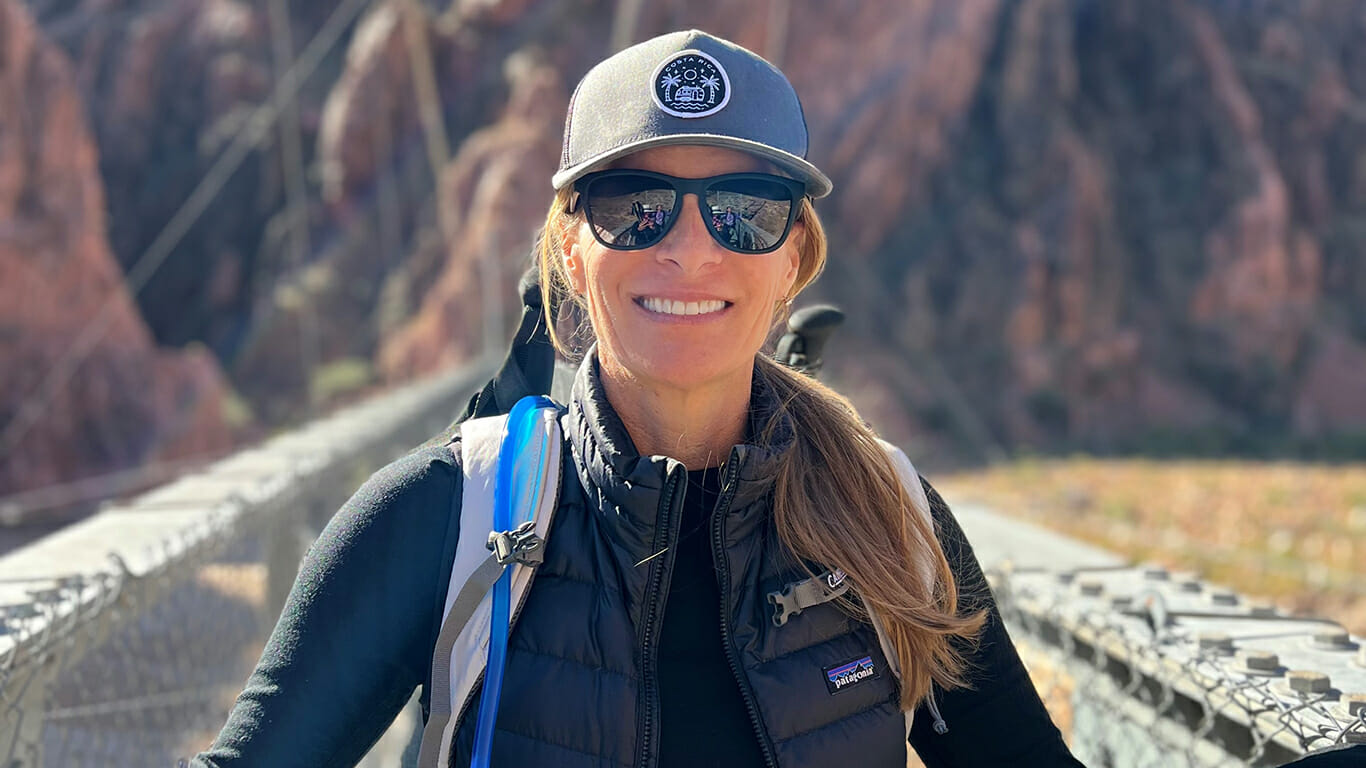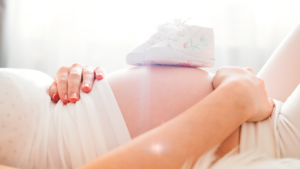National Women’s Health Week, May 14-20, focuses on the message that staying healthy should be a priority for every woman. Besides annual exams and screenings, knowing the warning signs of heart trouble can save a life.
A Phoenix executive’s experience illustrates why healthcare professionals say it’s important to act quickly when feeling chest pain or pressure, shortness of breath, profuse sweating or dizziness. And women may have more subtle signs. Calling 911 may save your life.
Ranking Arizona: Top 10 hospitals for 2023
Six months ago Marcie Westwater was at work when she had an odd feeling in her chest with hot and cold sensations. Those feelings turned out to be a spontaneous coronary artery dissection – a tear in the artery that can be fatal if not diagnosed and treated quickly.
She told her husband Mark, who works in the same Central Phoenix office, that she wasn’t feeling well.
“I asked my husband if he could take me home to rest. By the time he brought the car around, I was having a difficult time walking. I crawled into the back seat and said take me to the Heart Hospital,” said Westwater.
She knew that nearby Abrazo Arizona Heart Hospital was where she needed to be.
“He got me to the Heart Hospital, where I coded in the parking lot. They put me on a gurney and started doing chest compressions and used the defibrillator on me three times and then two shots to the heart,” said Westwater.
Dr. Akil Loli, an interventional cardiologist who specializes in Structural Heart Disease at Abrazo Arizona Heart Hospital, quickly assessed and diagnosed her condition. After asking my husband a few questions Dr. Loli said, ‘I know what it is,’ said Westwater.
What is SCAD and who does it affect?
Spontaneous coronary artery dissection, or SCAD, is a result of a tearing in the coronary artery wall that happens without warning. Blood can become trapped and bulge inward blocking the artery, causing a heart attack because blood flow can’t reach the heart muscle, according to the American Heart Association.
SCAD occurs most often in women in their 40s and 50s, although it can happen in men and people of nearly any age. Researchers say that physical and emotional stress is commonly reported in women who otherwise may show or have no cardiovascular risk factors prior to the condition occurring.
As someone who makes fitness a priority, a heart problem caught Westwater, 54, by surprise. “I had a friend of a friend who had been a patient at Abrazo Arizona Heart Hospital, so that was always kind of stuck in the back of my mind. If you have a heart problem, that’s where to go.”
“I didn’t present with any of the textbook signs. A lot of times people may think it’s just a panic attack. Obviously Abrazo didn’t. This was incredible. I felt like I was getting individualized care, and very nurtured. I can’t say enough good things about Dr. Loli, and the nurses were incredible. Not only did the nursing staff make sure I was taken care of, they took care of the people that were visiting me so that I could get better.”
Abrazo Arizona Heart Hospital, 1930 E. Thomas Road in Phoenix, opened in 1998 as one of the first hospitals in the U.S. dedicated to cardiovascular care and research. It continues to be to the forefront of bringing medical advances to the Valley.
“I have so much to be grateful to them for getting me back on my feet, to do all the things that I love to do with my active lifestyle and back to my family and friends. I couldn’t have chosen a better medical team,” said Westwater.
Abrazo Health offers online health tips and assessments, visit AbrazoHealth.com/HeartQuiz.
Heart attack signs in women
If you have any of these signs, call 911 and get to a hospital right away.
• Uncomfortable pressure, squeezing, fullness or pain in the center of your chest. It lasts more than a few minutes, or goes away and comes back.
• Pain or discomfort in one or both arms, the back, neck, jaw or stomach.
• Shortness of breath with or without chest discomfort.
• Other signs such as breaking out in a cold sweat, nausea or lightheadedness.
• As with men, women’s most common heart attack symptom is chest pain or discomfort. But women may experience other symptoms that are typically less associated with heart attack, such as shortness of breath, nausea/vomiting and back or jaw pain.
(Source: American Heart Association)




